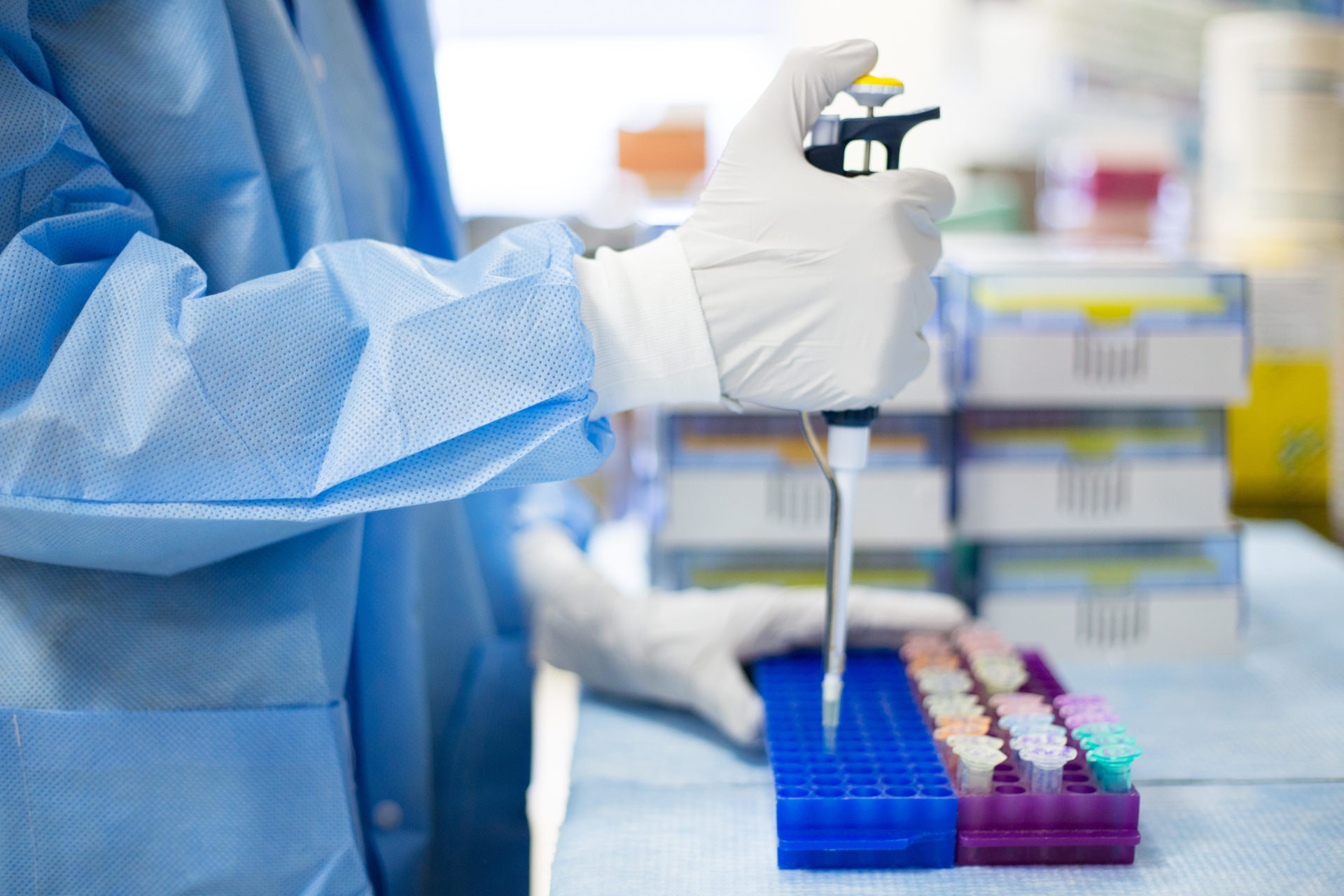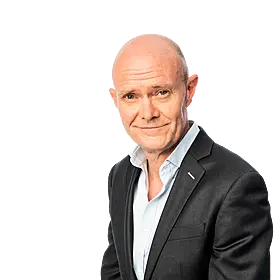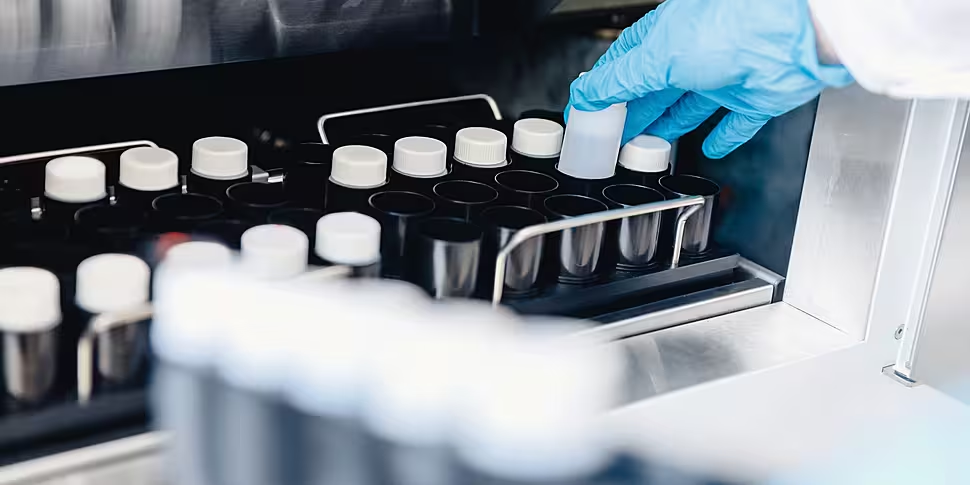After finding out she was conceived with the help of a sperm donor, one woman has spent a decade re-discovering her identity.
Anne Crossey was in her mid-30s when she found out her biological father was a sperm donor.
Prompted by a meeting with an astrologer, Ms Crossey asked her mother if she had any secrets to share.
Her mother then told Ms Crossey the story of her conception.
Ms Crossey's father had been infertile, so the couple visited a clinic in South Africa to conceive a child with donor sperm.
On Lunchtime Live, Ms Crossey said she has spent the past decade processing this information.
"This was a secret they kept from me my whole life," she said.
"It's a fairly fundamental question of identity."
Ms Crossey was able to track down three of her sperm donor's children, and they met shortly before the COVID-19 pandemic.
"It was absolutely amazing," she said.
"There's something about meeting someone and seeing yourself reflected in them - that's been the happy ending of it."
However, she believes she has other biological siblings who she has yet to meet.
An inclusive model
Ms Crossey said she is not opposed to donor-assisted reproduction, but she is calling for the process to be more inclusive of donor-conceived people.
Ireland prohibited anonymous sperm donation in 2020, allowing donor-conceived people to access personal, identifying information on their donor when they turn 18.
This legislation does not go far enough in including donor-conceived people, according to Ms Crossey.
"18 is quite late to find out who your brothers and sisters are," she said.
"If people are going to create children this way, it needs to be an inclusive model rather than an exclusive model.
 A medical facility processing samples, Alamy
A medical facility processing samples, Alamy"We need to know who our families are and where we come from."
Ms Crossey encourages parents of donor-conceived children to be honest with them about their origins.
"The fact is that people raised this way have the parents that raised them and loved them, and they also have genetic family as well," she said.
"They are all important to us - it's not one or the other.
She urged anyone listening with a donor-conceived child to tell them about their conception immediately.









